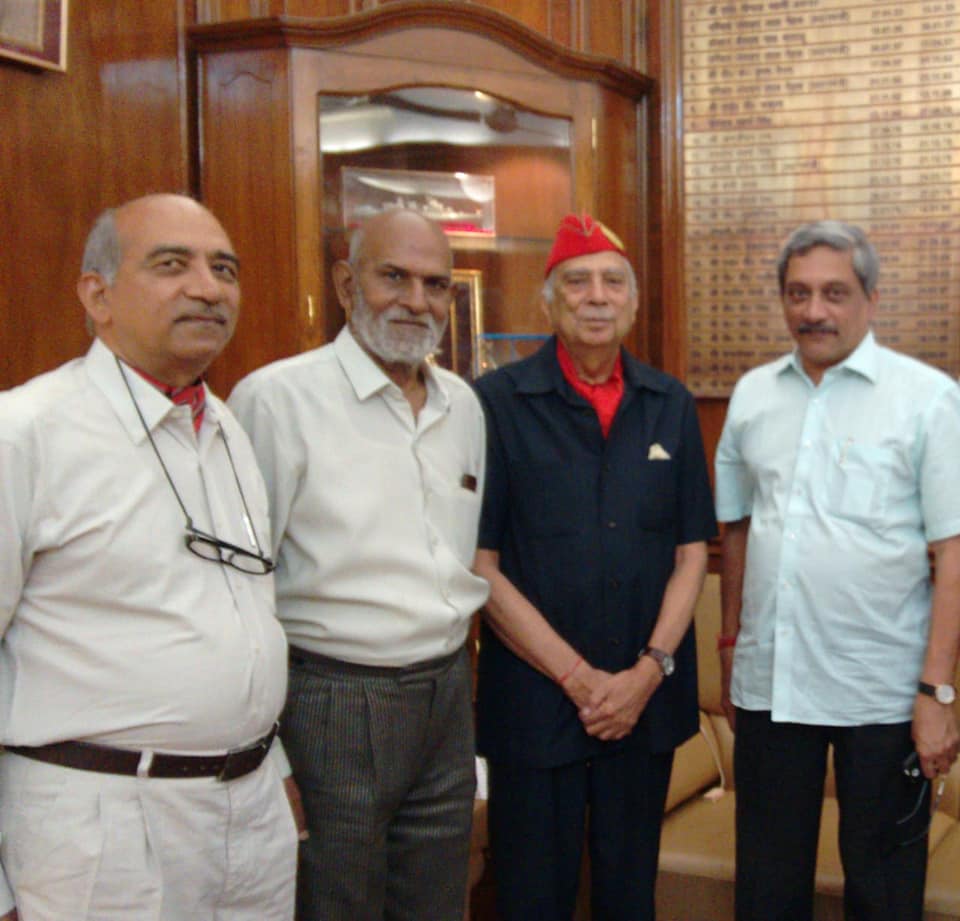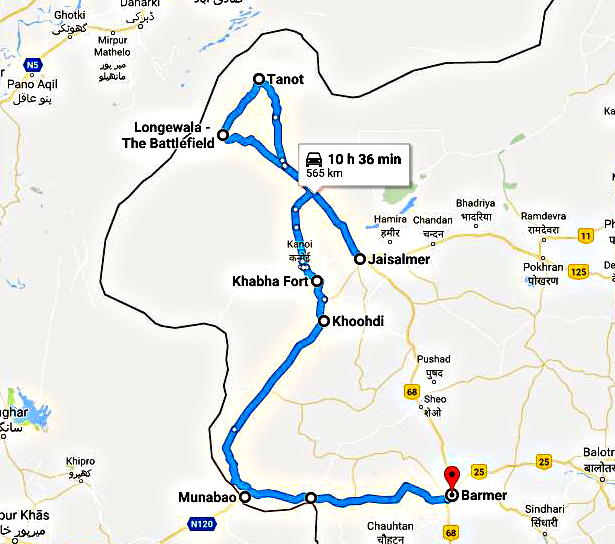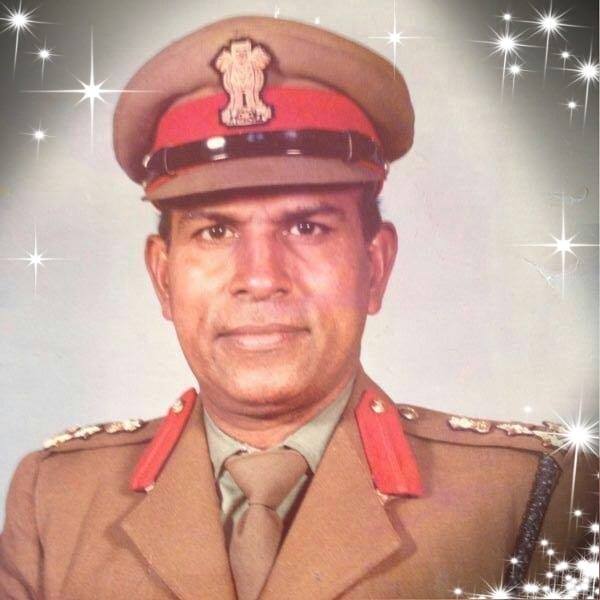‘Nothing ventured nothing gained’ is a proverb which means ‘no pain no gain’. Any person who refrains from risks, cannot experience the gains lying ahead. If one doesn’t explore possibilities, one may never enjoy the rewarding opportunities.
A farmer has to plough his field, make it moist, put seeds, and remove weeds. After hard work of a few weeks, he receives the harvest. He cannot have the yield by merely putting the seeds.
Risk taking reveals 50-50 chances of success and failure. We often know that our choices and decision may or may not turn out the way we desire, yet we venture ahead driven by the mission, need, or principles.

Major General Gupta shared an incident where he deployed immense courage to fix an uncharted situation. War time is what soldiers prepare themselves for, yet, tending to precarious situations takes immense courage and determination. Major General Gupta revealed that at the time of crucial and unprecedented decisions, the calculations may go wrong, however, soldiers like him are wired with enough ‘knowledge and grit’ to take the bumpy road, cross the hurdles or stay steadfast to bear the consequences. Here is his valiant narrative:
“In December 1971, I was a Major and was responsible for providing the responsive communications to HQ Southern Command at Jodhpur for the command, control, and conduct of operations, in the Rajasthan Sector of the Western Theatre.
On the morning of 04 December, I received a tele call from the ‘Officer Commanding’ (OC) of the Signal Company at Jaisalmer informing that ‘Longewala Post’ was attacked by a Pakistani Armoured Column, and soon they will advance to Ramgarh ,an important township on the road to Jaisalmer, in Tanot. Tanot was an important army location where a divisional headquarters was located, responsible for the defence of Tanot Sub Sector, a very strategic and vitally important one.
We had a permanent line route running from Jaisalmer to Tanot, to provide vital communication linkages to the Divisional Headquarters. Additionally, there was another communication linkage between the two places employing Radio Relay system (same as microwave system of the DOT).
The officer (OC) said that he wanted to withdraw the vehicles with radio relay equipment functioning as a relay station (repeater station in the DOT’s microwave link) as Ramgarh would soon be captured by the Pakistani forces. I instructed him to do nothing of the sort since it was a very vital part of the communications to the Divisional Headquarters and any disruption would play havoc.
He pleaded that availability of the equipment was very scarce in our Army and therefore we could not afford to lose the equipment. But I was quite firm on my instructions on him and ensured maintenance of vital communications for the efficient command and control of the operations in the Tanot Sub Sector.

As is well known that Pakistani Armoured Brigade-led assault at Longewala Post, was badly defeated and resulted in heavy casualties on the Pakistani side. It turned into a massive graveyard of Pakistani tanks. There was just no threat to Ramgarh.
In a war, the decisions taken, at a spur of a moment play an important role in the outcome of difficult situations. But if one chickens out of the hard decisions, the big victories are never to be seen.”
The Bollywood picture “BORDER ” depicts the story of the Battle of Longewala, very truly and vividly.
Our strength of character, capabilities, and belief in value systems, get honed through repetitive attempts we make towards difficult decisions. Major General Gupta shared another incident from way back in April 1956, when he was a young officer (Second Lieutenant) with about one year in service, posted in J&K. While narrating this episode, he emphasizes that besides war, strength also manifests in patience, courage, and compassion, with which we manage our daily lives.
“I had just come back to the unit after attending a three months long Army Course on “Driving & Maintenance”, dealing with automobile engineering. Hence, I was appointed as the Mechanical Transport Officer of the Unit. One Evening I received a report that one person (a very senior havildar in his previous unit had been court martialled and demoted to a sepoy) was creating trouble after consuming liquor. He was a tall burly sardar known for his dominating behaviour.
I was told that the havildar was very rowdy and spared no one, hence was advised to avoid face to face meeting. Yet, I decided to go to the scene of incident to deal with the situation upfront. To elude the situation, however risky, didn’t seem appropriate.
I met him. I asked him why he was behaving inappropriately. He divulged that some ‘others’ to whom he had taught driving as an instructor in the Training Centre at Jabalpur, those much junior to him, were trying to rough shod him during the day in MT Section. He could not bear this humiliation.
Not only did I face a guy who could have attacked me (he was already court martialled and had less to lose), I also took him under my supervision i.e. work directly under the MTO (me) and not in the MT Section. Thereby, he would not have to work under his one-time juniors.

On hearing this instruction, he calmed down immediately and apologised for creating a rumpus. Thus, early in my career I had to venture into this difficult situation. This attempt mended ways for many in line. This havildar was prevented from leading a life of frustration, aggression, and humiliation. And the officers, course corrected! Else, they would have continued to ridicule him, shaping their lives as bullies”.
Major General NN Gupta is an alumnus of National Defence Academy and Indian Military Academy. He was commissioned in the Indian Army on 04 December, 1954, and retired in 1990. Major General NN Gupta has fought two major wars – Sino Indian War of 1962 and Indo-Pak War of 1971. He also participated in Indo-Pak War of 1965.
Monica (Managing Editor) is the quintessential researcher - she thrives on showcasing overlooked aspects that form the foundation blocks of people, places and issues. She is a social scientist by profession with masters in Economics and loves to travel.